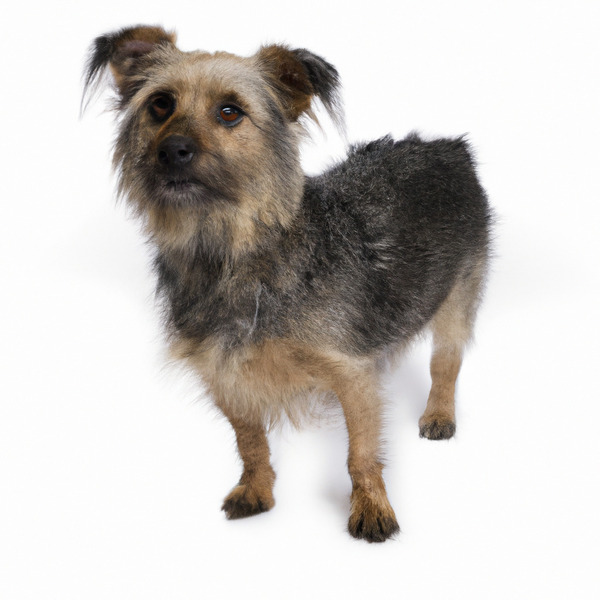Dorkie vs. Wheaten Eskimo: Breed Differences and Similarities
Hypoallergenic
Are Dorkies or Wheaten Eskimos hypoallergenic, or neither?
Unfortunately, neither Dorkie nor Wheaten Eskimo are hypoallergenic, which may not make them the best choice for dog lovers who suffer from pet allergies.
Temperament
What are the personalities of Dorkie and Wheaten Eskimo dogs?
Affectionate
Gentle
Loving
Cheerful
Intelligent
Playful
Playful
Independent
Energetic
Protective
Alert
Intelligent
Friendly
Affectionate
Spirited
Faithful
Shedding Level
Do Dorkies shed more than Wheaten Eskimos, or which breed sheds more, Dorkies or Wheaten Eskimos?
Dorkies shed very little hair, making them a great choice for those who dislike excess hair in the house.
Wheaten Eskimos are heavy shedders, but regular brushing can help manage shedding and promote a healthy coat.
Ancestry
What are the origins of Dorkie and Wheaten Eskimo breeds?
Yorkshire Terrier and Dachshund
American Eskimo, Soft-Coated Wheaten Terrier
Date of Birth
When were Dorkie and Wheaten Eskimo breeds first developed?
1990
Unknown
Eye Color Possibilites
What are the eye colors of Dorkie and Wheaten Eskimo dogs?
Brown
Brown
Amber
Nose Color Possibilites
What are the natural nose colors of Dorkie and Wheaten Eskimo?
Black
Black
Brown
Coat Color Possibilites
What are the natural colors of the coat for Dorkie and Wheaten Eskimo breeds?
Brown
Black
Red
Blue
Cream
Fawn
Coat Length
What is the typical coat length for Dorkie and Wheaten Eskimo breeds?
The coat of Dorkie and Wheaten Eskimo dogs is longer than that of the typical dog.
Coat Density
What is the density of the coat of Dorkie and Wheaten Eskimo?
Coat Texture
What is the hair texture of Dorkie and Wheaten Eskimo?
Straight
Wavy
Litter Size
What is the usual litter size for Dorkie and Wheaten Eskimo?
A Dorkie can have a litter of 13-15 puppies on average. However, it's worth noting that the size of the litters can vary greatly. Factors that can influence litter size include the health of the mother, breeding history, and genetics.
A Wheaten Eskimo can have a litter of 5-8 puppies on average. However, it's worth noting that the size of the litters can vary greatly. Factors that can influence litter size include the health of the mother, breeding history, and genetics.
Adaptability
Dorkies are highly adaptable and versatile, making them excellent companions for families and individuals of all lifestyles.
Wheaten Eskimos are known for their adaptability and can adjust well to different environments and lifestyle changes.
Health Issues
Between Dorkie and Wheaten Eskimo, which breed is more prone to health problems?
Dorkies typically have low vet costs due to their good health, but it's important to monitor their health and seek vet care when necessary.
While the Wheaten Eskimo breed is generally healthy, occasional vet check-ups are still necessary to address any health concerns.
Major Concerns
What are the major health concerns for Dorkie and Wheaten Eskimo breeds?
Patellar Luxation
Intervertebral Disc Disease
Retinal Dysplasia
Tracheal Collapse
Portosystemic Shunt
Retinal Dysplasia
Hip Dysplasia
Kidney Problems
Addison's Disease
Minor Concerns
What minor health issues should be kept in mind when owning Dorkie and Wheaten Eskimo?
Entropion
Color Dilution Alopecia
Corneal Dystrophy
Acanthosis Nigricans
Elbow Dysplasia
Cataracts
Allergies
Occasional Tests
What occasional tests are recommended for Dorkie and Wheaten Eskimo breeds?
X-Rays
MRI
CT Scan
Eye Examination
Skin Evaluation
Ultrasound
Urinalysis
Blood Work
Eye
Blood
X-Rays
Eye Examinations
Heart and Knee
Social Needs
Dorkie vs Wheaten Eskimo social needs comparison
Dorkie and Wheaten Eskimo have very high social needs. These needs include regular mental and physical stimulation, a job or purpose, and companionship. They thrive in environments where they have a lot of interaction with humans and other dogs.
Sleeping Need
Which of the two sleeps the most/least: Dorkie or Wheaten Eskimo?
Dorkie and Wheaten Eskimo dogs tend to sleep less than some other breeds, but it's still important for them to get adequate sleep in order to maintain good health.
Mouthiness
Mouthiness Comparison: Dorkie vs Wheaten Eskimo?
Roaming urge
Dorkie vs Labrador: Running away tendency?
Prey Drive
Dorkie or Wheaten Eskimo - which breed has a higher level of prey drive?
Activity Level
Which breed has higher energy, Dorkies or Wheaten Eskimos?
Dorkies are low-energy dogs. This breed make a great companion for a relatively inactive person. Dorkie dogs require a few short daily walks, and then they're happy snuggling next to you for the rest of the day.
Wheaten Eskimos are medium-energy dogs and typically enjoy socializing and playing casual or even sustained games of chase with other dogs. They may also have occasional periods of barking or racing around the house.
Tolerance of being left alone
Walks per Week
How many miles should Dorkie or Wheaten Eskimo walk each week?
There's really no limit to how far you walk your dog as long as they're comfortable. For Dorkie, it's at least 4 miles / week. Just remember to build distance and stamina gradually over time.
There's really no limit to how far you walk your dog as long as they're comfortable. For Wheaten Eskimo, it's at least 7 miles / week. Just remember to build distance and stamina gradually over time.
Activity per Day
Do Dorkies or Wheaten Eskimos require more exercise?
In general most Dorkies usually need at least 45 minutes of exercise daily. This can be spread across the day and include all sorts of high-energy activities, like walking, running and playing.
In general most Wheaten Eskimos usually need at least 60 minutes of exercise daily. This can be spread across the day and include all sorts of high-energy activities, like walking, running and playing.
Grooming
Which breed is easier to maintain in terms of grooming, Dorkies or Wheaten Eskimos?
Dorkie and Wheaten Eskimo are breeds of dogs that require a significant amount of grooming. They will also require regular trims, and a professional groomer's help is often necessary to keep their coat in good condition. They may also need regular baths to maintain their coat and skin.
Brushing Frequency
What is the recommended brushing frequency for Dorkie and Wheaten Eskimo dogs?
Dorkie should be brushed at least once a week. Of course you can give them more frequent brushes if you find that they are still shedding a lot
Ideally, Wheaten Eskimo should be brushed at least 2 or 3 times a week (preferably daily) improve shedding.
Brushing Tools
What brushing tools are used for Dorkies and Wheaten Eskimos?
Pin Brush
Slicker Brush
Comb
Nail Clipper
Pin Brush
Comb
Nail Clipper
Cups
How much food should be given to Dorkie or Wheaten Eskimo in cups?
For an average 7-12 pound (3 - 5 kg) Dorkie feed 1 cups daily. But, keep in mind, the amount you feed is going to be dependent on the quality of the food you are feeding.
For an average 28-40 pound (13 - 18 kg) Wheaten Eskimo feed 2 cups daily. But, keep in mind, the amount you feed is going to be dependent on the quality of the food you are feeding.
Daily Cost
Which breed has a higher daily cost, Dorkie or Wheaten Eskimo?
The average cost of a Dorkie is somewhere $1.10 - $1.40 per day.
The average cost of a Wheaten Eskimo is somewhere $2.10 - $2.50 per day.
Monthly Cost
Which breed has a higher monthly cost, Dorkie or Wheaten Eskimo?
The average per month expenses of a Dorkie is between $32 - $42. This makes an average of $384 - $504 per year. It will be on the higher side when the dog is still small because it will need more frequent visits to the vet, shots.
The average per month expenses of a Wheaten Eskimo is between $63 - $74. This makes an average of $756 - $888 per year. It will be on the higher side when the dog is still small because it will need more frequent visits to the vet, shots.
Sensitivity Level
How do Dorkie and Wheaten Eskimo compare in sensitivity?
These breeds are more sensitive than others and easily overwhelmed by new surroundings and people. Dorkie and Wheaten Eskimo need gentle handling and a calm, stable home environment with positive reinforcement training.
Apartment Friendly
Which breed is more apartment-friendly: Dorkie or Wheaten Eskimo?
Dorkies and Wheaten Eskimos are known for being excellent apartment dogs. They are fairly active indoors and will do okay without a yard.
Child Friendly
Do Dorkies or Wheaten Eskimos have a friendlier temperament towards children?
Dorkies are not the best choice for families with kids.
Wheaten Eskimos are good with kids if socialized and trained from a young age.
Senior-friendly
Which dog is more suitable as a pet for the elderly - Dorkie or Wheaten Eskimo?
Cat Friendly
Do Dorkie or Wheaten Eskimo breeds have a better compatibility with cats?
Dorkies are average in their friendliness toward cats and tend to do well with them, especially if raised together.
Wheaten Eskimos are somewhat cat friendly and can be trained to get along with cats.
Dog Friendly
Which breed is more sociable with other dogs: Dorkie or Wheaten Eskimo?
Dorkies are less friendly towards other dogs, but can improve with socialization.
Wheaten Eskimos are friendly and active companions, and can be good family pets, though their friendliness towards other dogs may vary.
Pet friendly
How do Dorkie or Wheaten Eskimo dogs interact with other pets?
Stranger Friendly
Which breed is more friendly with strangers: Dorkie or Wheaten Eskimo?
Dorkies are quick to announce strangers and can be standoffish or suspicious.
Wheaten Eskimos are averagely friendly around strangers but benefit from early socialisation.
Playfulness
Which breed is more playful between Dorkie and Wheaten Eskimo?
Dorkies have an average level of playfulness, enjoying playtime like most dogs but not excessively so.
Wheaten Eskimos are very playful, so adopting an older one might be a better option for a more relaxed experience.
Trainability
How do the trainability levels of Dorkies and Wheaten Eskimos compare?
Dorkies are usually easy to train but require consistency to fully obey commands.
Wheaten Eskimos are popular for their ease of training and quick learning ability.
Compare Dorkie with other breeds
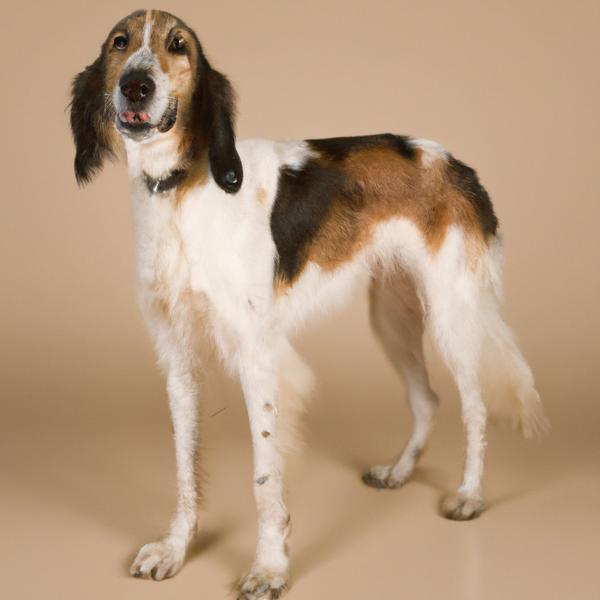
Spreagle
Dorkie vs Spreagle
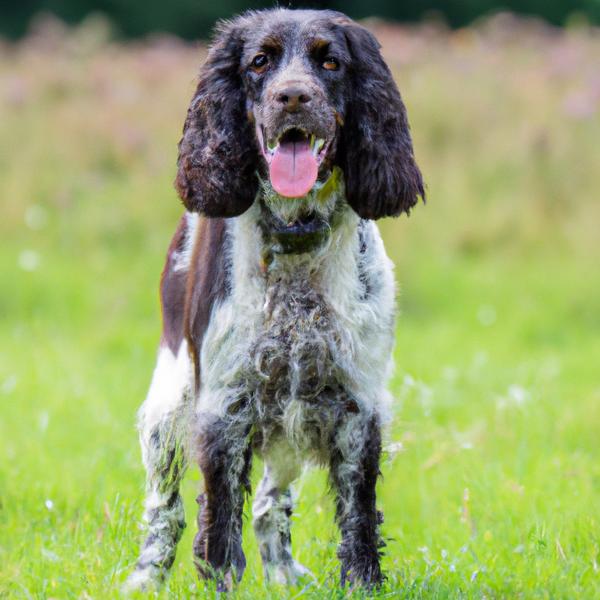
Sprocker Spaniel
Dorkie vs Sprocker Spaniel
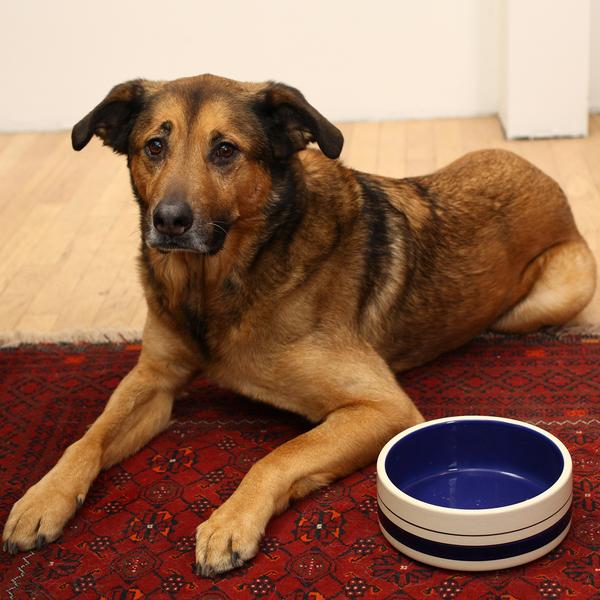
German Sheprador
Dorkie vs German Sheprador
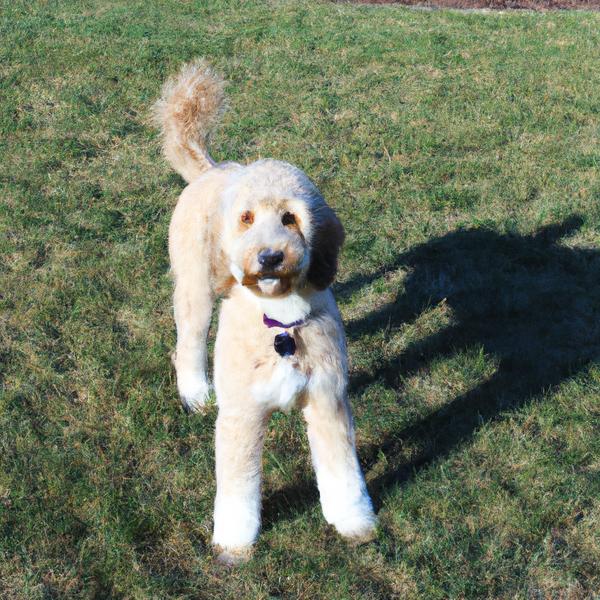
Flandoodle
Dorkie vs Flandoodle
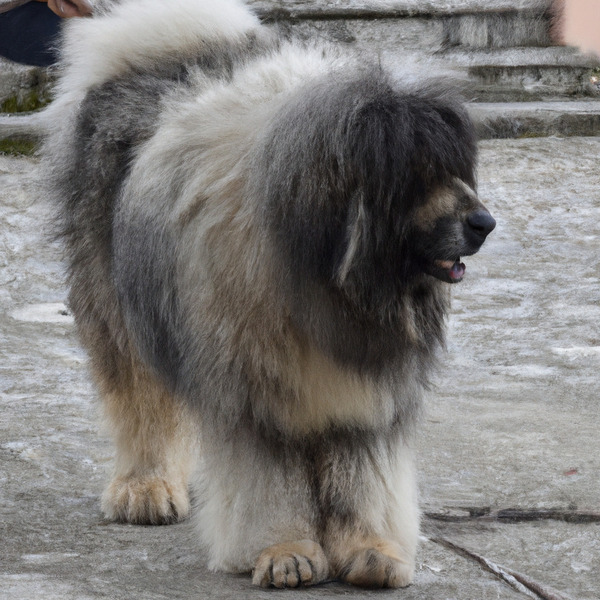
Himalayan Sheepdog
Dorkie vs Himalayan Sheepdog

Wire Foxie Doxie
Dorkie vs Wire Foxie Doxie
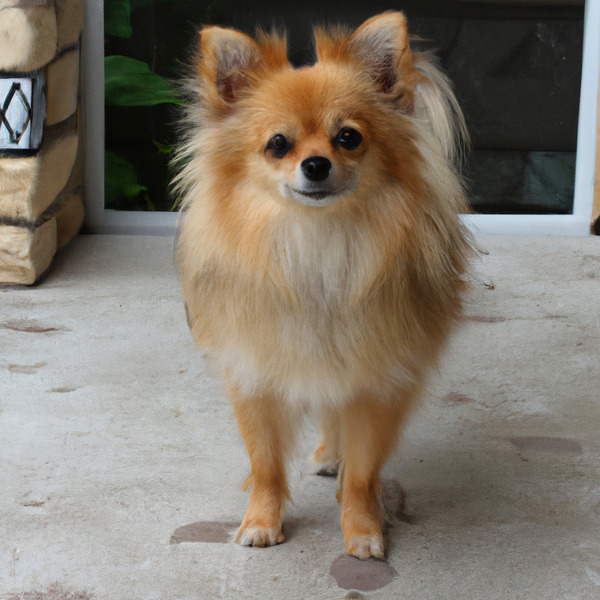
Pomchi
Dorkie vs Pomchi
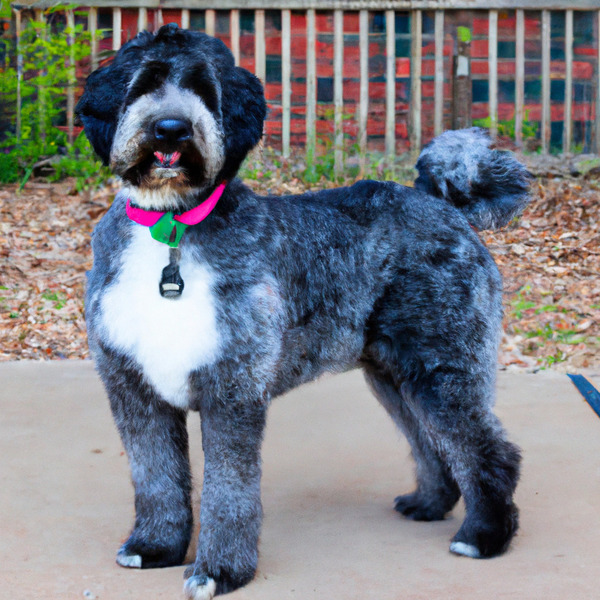
Saint Berdoodle
Dorkie vs Saint Berdoodle
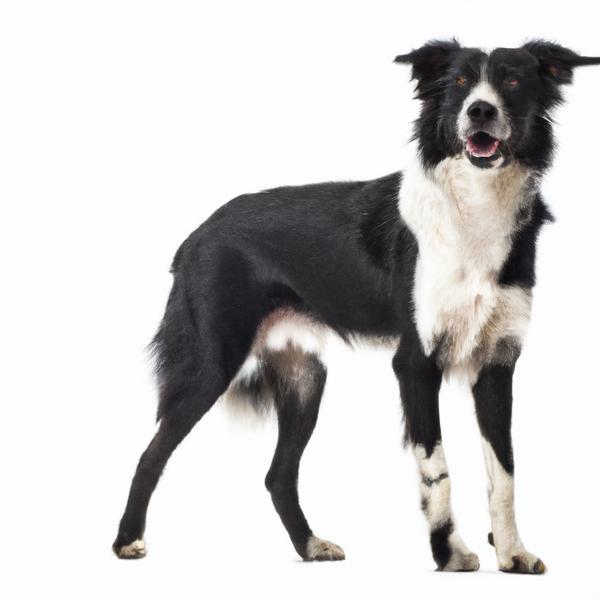
Giant Border Schnollie
Dorkie vs Giant Border Schnollie
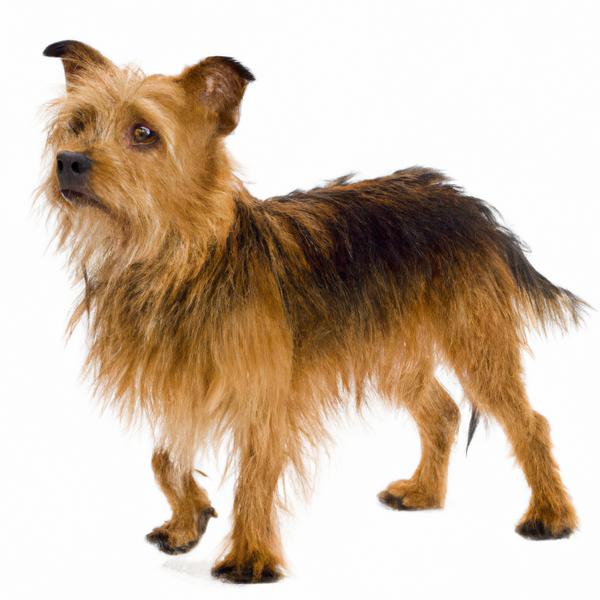
Aussie Silk Terrier
Dorkie vs Aussie Silk Terrier
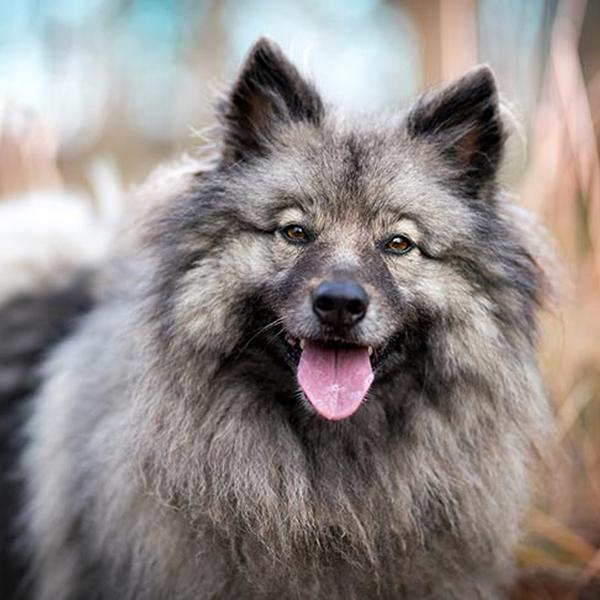
Keeshond
Dorkie vs Keeshond
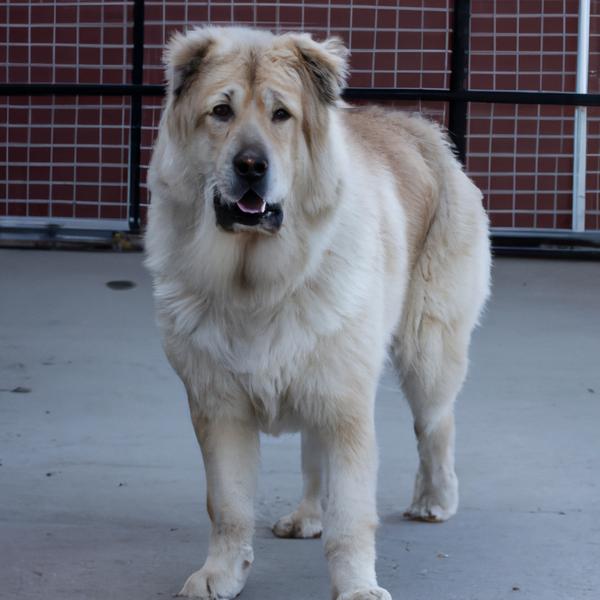
Wheaten Eskimo
Dorkie vs Wheaten Eskimo
